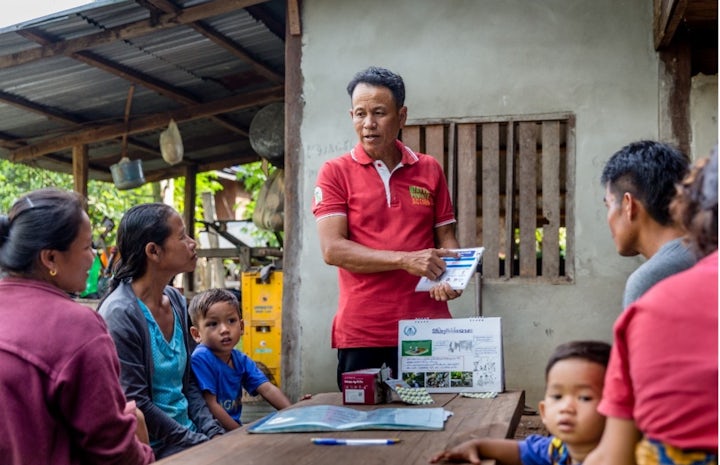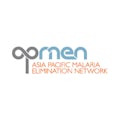Attaining freedom from emerging, existing, and endemic diseases
Malaria and Global Health Security
Malaria and Global Health Security
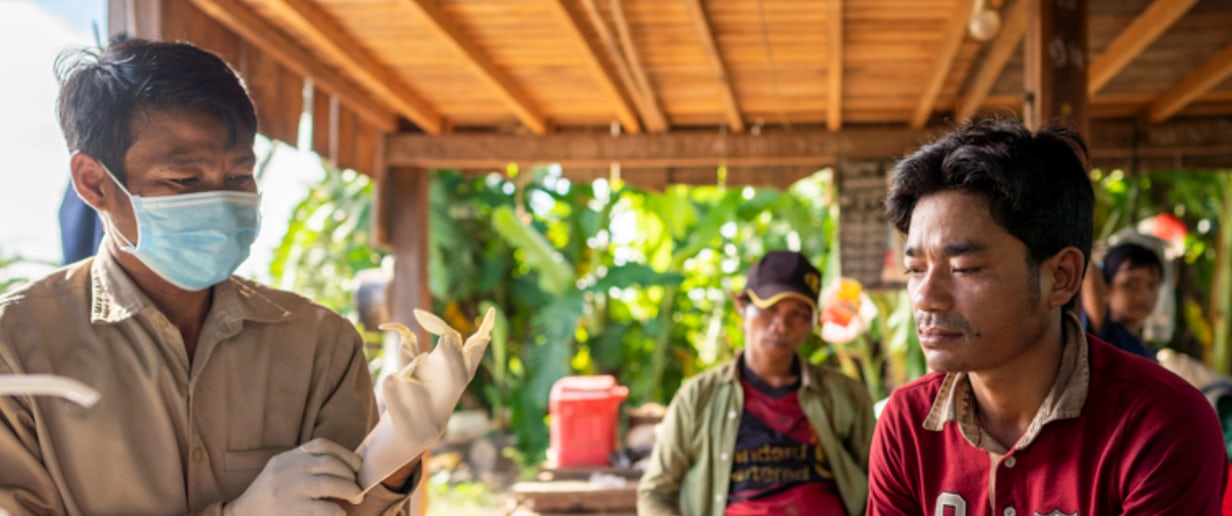
Global Health Security (GHS) is the presence of strong and resilient public health systems to prevent, detect, and respond to infectious disease threats. As the Singapore Statement (2022) on GHS reinforces, it is “a state of freedom from the scourge of infectious diseases irrespective of their origin or source”. This means freedom from both emerging, existing, or endemic diseases, such as malaria.
A state of freedom from the scourge of infectious diseases irrespective of their origin or source.
On This Page
- Key Principles of Malaria and Global Health Security
- Policy Recommendations on Malaria and Global Health Security
- Additional Resources for Malaria and Global Health Security
The world has witnessed several public health emergencies of international concern (PHEICs) in the last two decades from SARS, Ebola, H5N1, to SARS-COV-2 (COVID-19) and monkeypox. Asia Pacific has been the cradle of several of these outbreaks. COVID-19 is further testing health systems in the region and worldwide, uncovering weaknesses and encouraging the global community to re-think its definition of and collective efforts towards health security.
Collectively, it has become increasingly apparent that we need to be responsive to the needs of the at-risk communities and adapt to better guarantee the health and well-being of all communities against existing, as well as future, threats.
Several infectious diseases threats like malaria are of zoonotic origin, and the spread of many diseases can be accelerated by environmental factors, such as increased rainfall that influence mosquito reproduction, migration and behaviour patterns. Additionally, drug-resistant malaria is one of the greatest threats to malaria elimination particularly in the Greater Mekong Subregion. Malaria also has a history of rebounding as soon as numbers fall, and the pressure is eased. For instance, Sri Lanka narrowly missed eliminating malaria in the 1960s before it re-surged.
For these reasons, it is key to continue strengthening countries’ core capacities for surveillance and response and embrace a One Health approach with more strategic collective action that addresses the interconnectedness of human health, animal health and environmental factors for improved GHS.
Key Principles of Malaria and Global Health Security
Investments in malaria help build stronger health systems
In addition to sustaining progress against malaria, reporting a remarkable 10% decline in cases in 2020, malaria systems played a key role in supporting the COVID-19 response in Asia Pacific. Investments in malaria programs have helped build a strong foundation to prevent, detect and respond to health threats in the region, particularly with the role of Community Health Workers, which provide primary care and surveillance activities down to the last mile. As a next step, integrating those services into the broader health system will reap the benefits for a stronger response against other communicable disease threats. Furthermore, sustaining funding for the elimination of malaria by 2030 will free up resources to tackle other infectious disease threats in the Asia Pacific region.
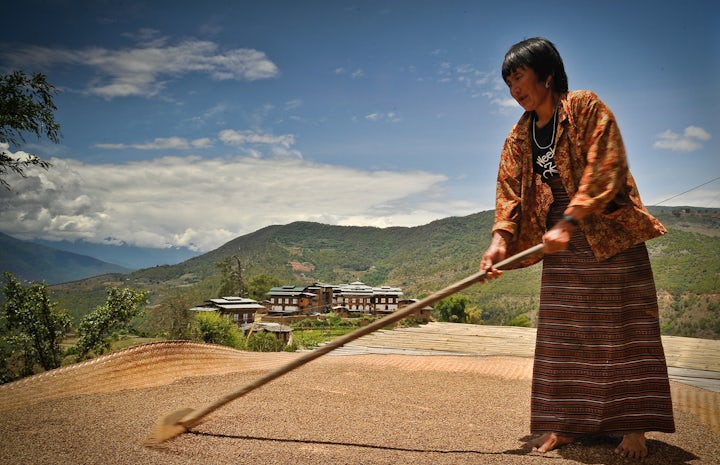
Collaboration across borders is critical to contain health threats
Increased population movement and migration have added to the risk of importing malaria cases. In 2020, near elimination countries, such as Bhutan and Timor-Leste, experienced outbreaks in provinces bordering high burden countries India and Indonesia, respectively. Cross-border malaria has the potential to reverse the health gains and undermine investments made to date to eliminate malaria.
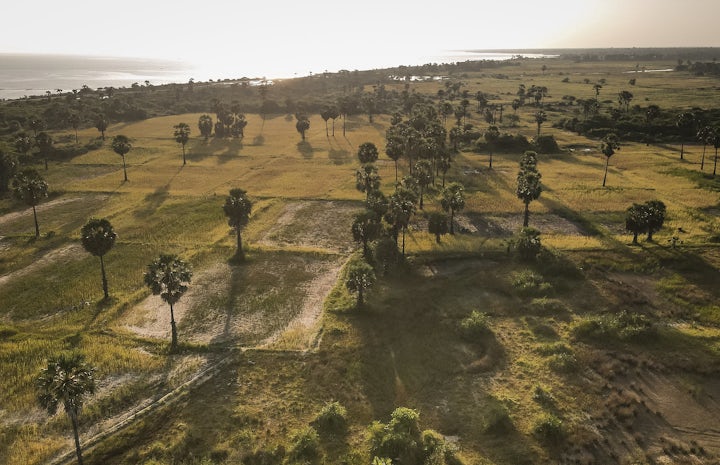
Adopting a One Health approach is key for timely collective action
Most global health security threats, including malaria, lie at the intersection of human, animal and environmental health, underpinning the importance of a One Health approach. One Health is intended as the actual integration of these sectors to better anticipate, prepare and respond to health threats. The concept of One Health emerged in the early 2000s and is embodied in the Berlin Principles for One Health 2019. The One Health High-Level Expert Panel established in 2020, recommends documenting case studies of a One Health approach, determining institutional barriers, identifying cross-sectoral partners at all levels of implementation in the aim of developing a theory of change for One Health.
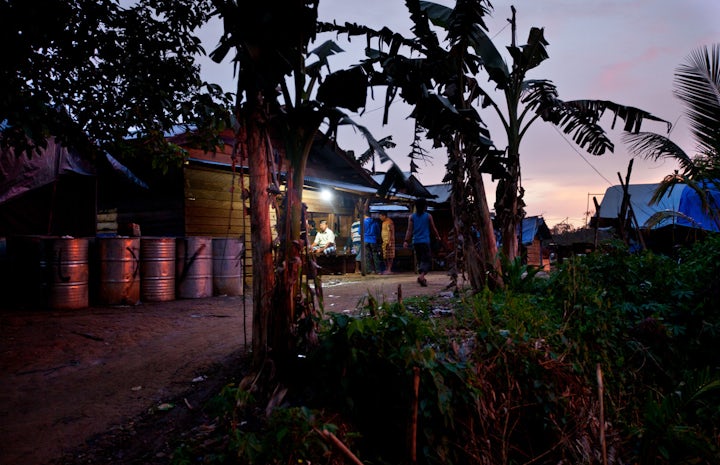
Policy Recommendations on Malaria and Global Health Security
Prevent infectious disease threats through cross-sectoral, cross-border collaboration and the timely and transparent sharing of data.
- Apply a cross-sectoral approach as a guiding principle. Collaboration for One Health includes partners in agriculture, the environment, working collectively within ecosystem boundaries to anticipate new, re-emerging health threats.
- Actively seek and maintain collaboration across borders, including by developing data-sharing protocols across diseases to adequately detect drug resistance, changes in vector behaviour, and cross-border outbreak, thereby preventing the spread of infectious diseases.
Detect health threats with stronger integrated surveillance systems across all febrile illnesses.
- Strengthen febrile disease diagnosis and management by providing adequate training to frontline workers and tools to differentiate between febrile diseases and to identify outbreaks, co-infections and new/emerging infections.
- Integrate animal and population health through the detection and reporting of zoonotic diseases to ministries of health.
Report health threats swiftly to prevent outbreaks.
- Make diseases, including malaria, notifiable by law to prevent outbreaks and manage threats effectively.
Respond to health threats efficiently by supporting the community response, investing in new tools and strengthening supply chains.
- Improve capacity of community-based care to enhance access to malarial and other febrile disease treatment and enhance community trust and adherence to mitigation protocols.
- Build knowledge on risk communication strategies to reach populations and sectors with different needs related to language, traditions, customs and location.
- Invest in innovative tools to combat evolutions of the malaria parasite, drug resistance and other zoonotic diseases.
- Strengthen and diversify supply chains of essential medicines to scale up and harness core prevention and treatment options.


